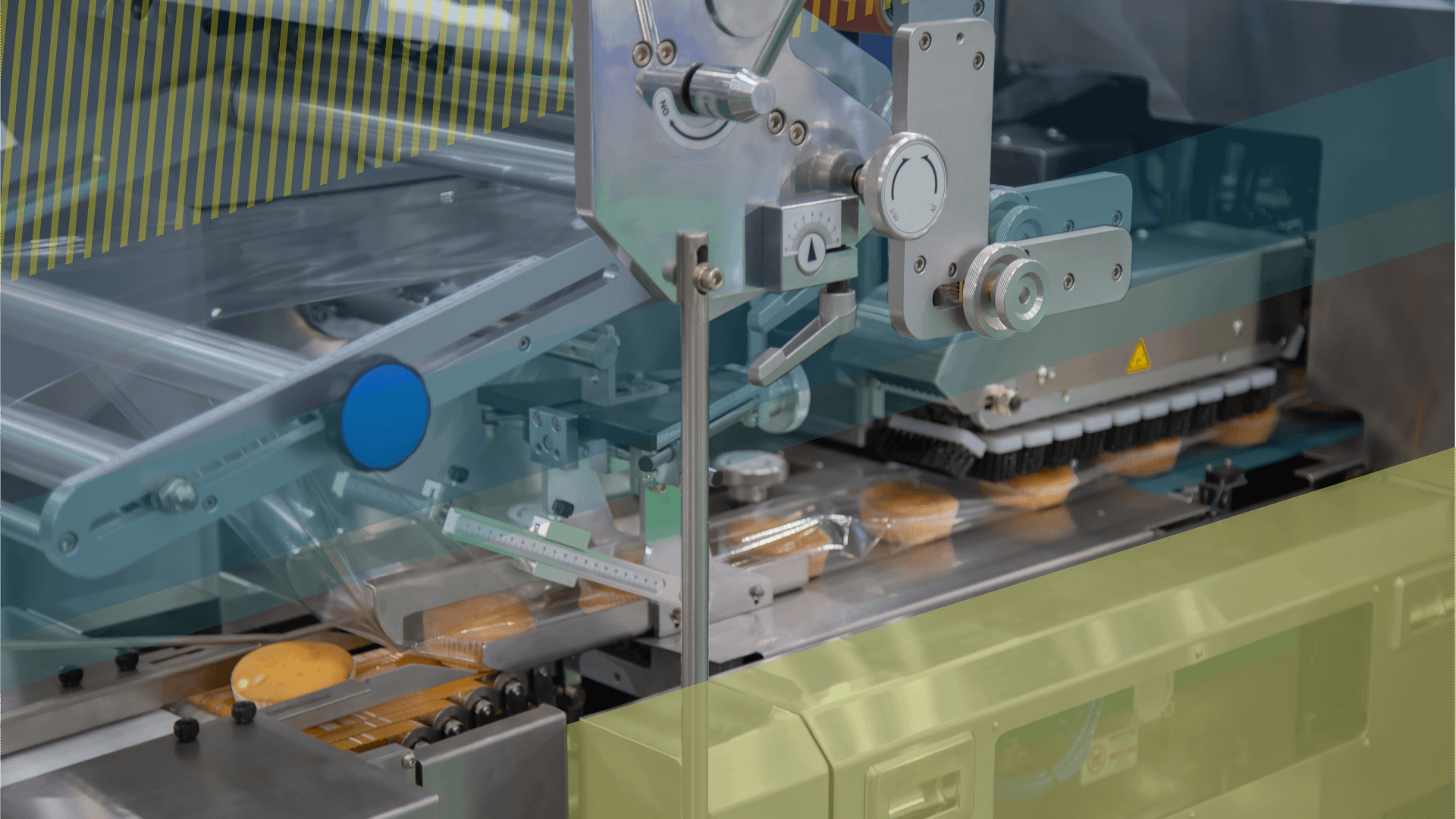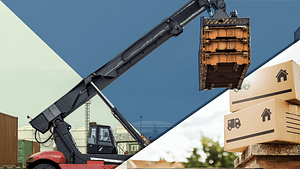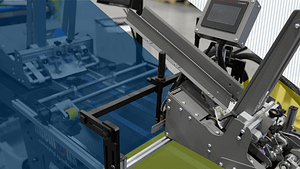Managing and operating all parts of the supply chain in-house is a formidable task for any company. Contract packaging services play a vital role in meeting consumer demand by offering businesses a way to outsource comprehensive and versatile packaging services, allowing them to focus on their core competencies. These services encompass a range of activities, from design and labeling to assembly and distribution, tailored to meet the unique requirements of diverse industries. Due to the fluctuating nature of product demand, high upfront costs to obtain specialty equipment, and increased staffing to operate machinery, more companies are looking to outsource their packaging operations. In this article, we will take a look at the realm of contract packaging, exploring its benefits, applications, and significance in meeting the ever-evolving demands of the market.
What is Contract Packaging?
Contract packaging, also known as co-packing, is a strategic business arrangement in which a company outsources its packaging and other related services to a third-party provider. In this partnership, the contract packaging company takes on the responsibility of handling various packaging tasks, such as designing, assembling, labeling, and preparing products for distribution or retail. Contract packaging encompasses primary and secondary packaging, point-of-purchase (POP) displays and often extends to distribution and logistics services.
This outsourcing approach is enticing to many businesses because of the benefits it offers such as cost savings, access to specialized packaging expertise, scalability, and the ability to focus internal resources on core competencies. Because contract packaging is such a versatile solution, most consumer goods companies leverage co-packers for their products.
What Steps Are Involved in Contract Packaging?
The steps involved in the contract packaging process can vary depending on the specific requirements of the project and the contract packaging provider. However, here is a general overview of the typical stages involved in contract packaging:
- Consultation and Planning: The initial stage of any contract packaging partnership is a consultation. This will help the co-packing provider understand the needs of your business. Things like product specs, packaging requirements, and quantities will be discussed to ensure they are the right fit for your needs
- Design and Prototyping: In instances where the co-packer has an internal design team, they can help refine or even create from scratch your packaging design. This stage is also used for prototyping to test that the packaging fits well and meets all agreed-upon requirements.
- Inventory Management: Once designs and prototypes are approved by both parties, inventory will then be shipped out to the contract packaging company where they will manage the product until it’s ready for distribution.
- Print Material and Plastic Packaging Production: In cases where the packaging design requires any print materials such as manuals or literature cards, the co-packer will produce these materials prior to the actual packaging process. This stage also encompasses the production of any thermoformed components like blister packs, trays, or any other special packaging needed for the company’s packaging requirements.
- Package Assembly: Products are carefully added to the packaging in addition to any additional print materials from the previous step.
- Quality Control and Inspection: Thorough quality control (QC) and inspection process are in place prior to the final sealing of the packaging to ensure the product’s appearance requirements are met.
- Finishing and Sealing: Once the QC and inspection processes are completed and products are up to standard, they are ready to be sealed. Any final labeling of products will also be executed in this step.
- Warehousing and Distribution: The products are now finished! They will now be organized and stored in the warehouse where they will await final shipment. And depending on the contract terms, the contract packager may also be the distribution partner as well, sending final batches of product to storefronts or end-consumers.
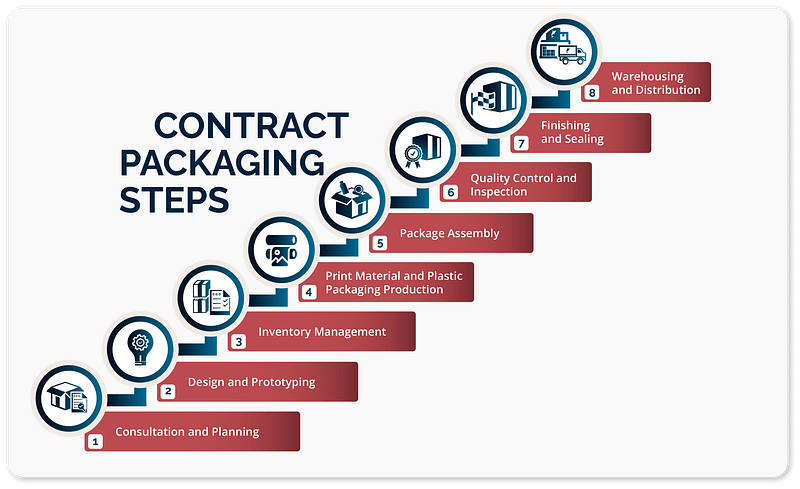
What Equipment is Used in the Packaging Process?
Co-packers typically have a large array of machines that help with the operation, helping businesses avoid the large upfront cost of equipment and labor needed to run and maintain them. The equipment used by each co-packing partner will vary depending on their specific packaging competencies and size.
Filling Machines
- Liquid fillers: Used for filling liquids like beverages, sauces, and cleaning products into bottles or containers.
- Powder fillers: Used for filling powdered products like spices, supplements, and detergents.
- Solid fillers: Used for filling solid items like snacks, candies, and pills.
Sealing and Closing Machines
- Capping machines: Applies caps or closures to bottles, jars, or containers.
- Heat sealing machines: Seals flexible packaging materials like pouches and bags using heat.
- Induction sealers: Seals products with tamper-evident or leak-proof seals using electromagnetic induction.
Labeling and Printing Equipment
- Label applicators: Applies adhesive labels to products or packaging.
- Inkjet printers: Prints date codes, lot numbers, and other information directly onto packaging.
- Thermal transfer printers: Prints high-quality labels with barcodes, graphics, and text.
Wrapping and Packaging Machines
- Flow wrapping and Overwrap machines: Creates sealed packages by wrapping products in flexible film.
- Shrink wrapping machines: Encases products in shrink film and shrink it using heat.
Blister Packaging Equipment
- Blister formers: Creates plastic blisters that hold individual products.
- Blister sealers: Seals the blister packs with a backing card, often used for pharmaceuticals and electronics.
Cartoning and Case Packing Machines
- Cartoners: Automatically erects, fills, and closes cartons or boxes.
- Case packers: Packs product into larger cases or cartons for shipping and distribution.
Why Should I Use a Contract Manufacturer?
There are many reasons why working with a contract manufacturing partner is a good idea. You should consider a co-packer if you have:
- Limited Production Space: If a company lacks sufficient space for packaging operations or wants to avoid capital investments in packaging equipment and facilities, contract packaging offers a solution.
- A New Product Launching: When introducing a new product, a contract packager can help with design, testing, and packaging development, ensuring a smooth and efficient market launch.
- A Tight Budget: Contract packaging can lead to cost savings by reducing the need for investment in packaging equipment, maintenance, labor, and overhead expenses.
- A Need For Compliance Expertise: Industries with strict regulatory requirements, such as pharmaceuticals or food, can benefit from contract packagers’ specialized expertise in ensuring compliance with packaging regulations and quality standards.
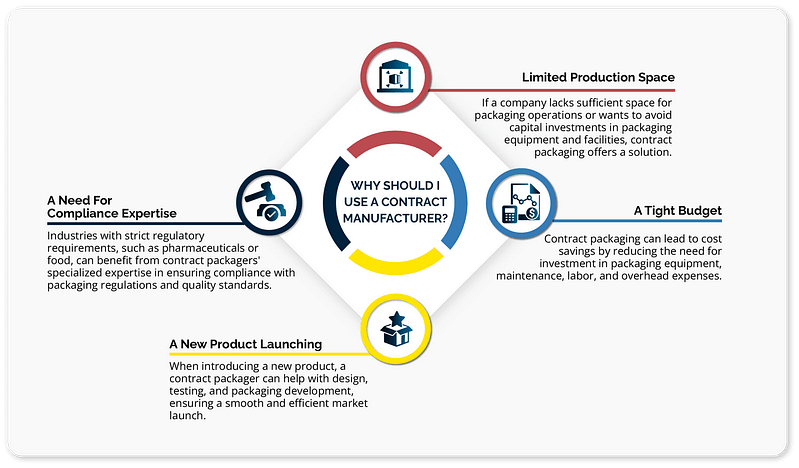
Nautical – Your Co-Packing Partner
Regardless of your packaging needs, finding a reliable partner to navigate this terrain is essential. At Nautical, we offer expert packaging solutions that will help your products stand out from competitors. With a 465,000 sq ft state-of-the-art 3PL center in Kansas City, our service offerings extend far beyond the role of a conventional packaging partner. We are your one-stop shop for a seamless supply chain experience, tailored specifically to your business needs.

